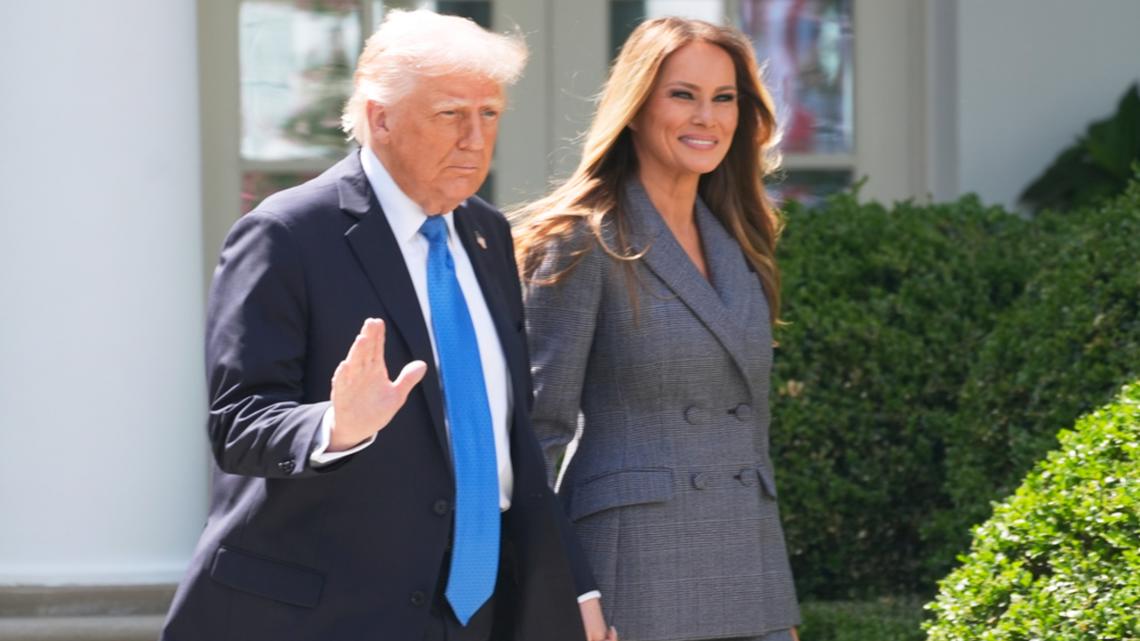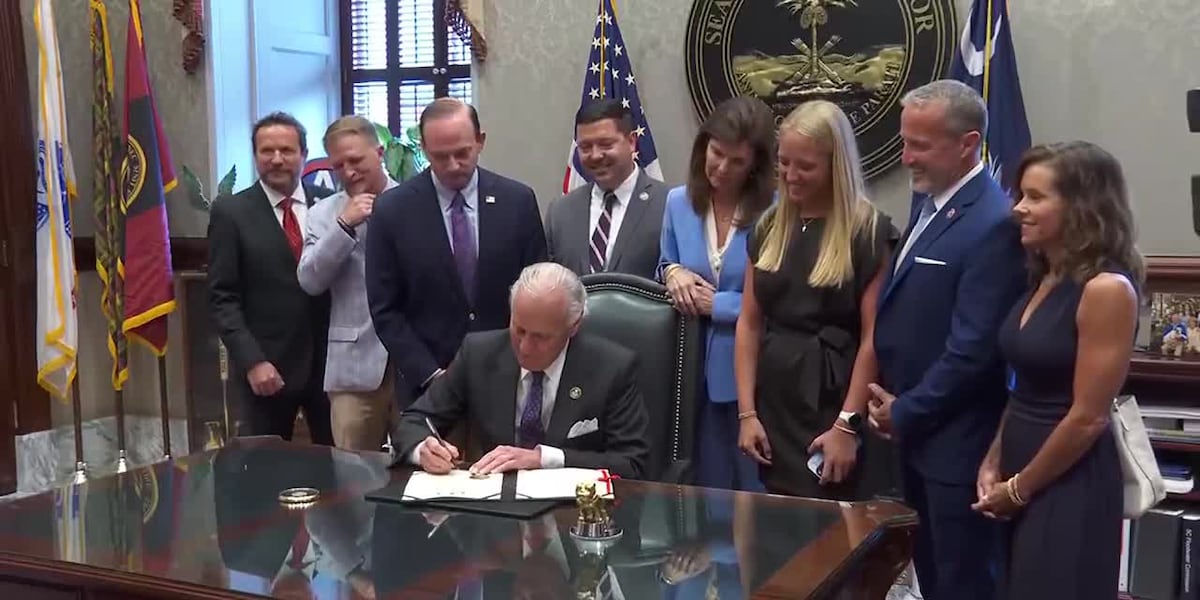T4K3.news
Trump signs law to combat revenge pornography
The Take it Down Act criminalizes nonconsensual intimate imagery, including deepfakes.

The Take it Down Act criminalizes nonconsensual intimate imagery including deepfakes.
Trump signs law targeting revenge pornography
President Donald Trump signed the Take it Down Act into law on May 19, 2025, aiming to tackle the issue of nonconsensual intimate imagery. This bipartisan bill mandates that social media platforms remove such content within 48 hours after receiving complaints. While many states have similar laws, the act specifically addresses deepfake pornography, with only 20 states currently having measures for AI-generated images. The first lady has been a strong advocate for the law, citing the need to protect victims from harassment.
Key Takeaways
"America is blessed to have such a dedicated and compassionate first lady."
Trump praised Melania's role in advocating for the legislation.
"Today, we’re making it totally illegal."
Trump emphasized the importance of the law during the signing ceremony.
"This victory belongs first and foremost to the heroic survivors who shared their stories."
Sen. Cruz highlighted the role of victims in passing the bill.
"A slippery slope, ripe for abuse, with unintended consequences."
Rep. Massie expressed concerns about potential overreach of the new law.
The signing of the Take it Down Act marks a significant step in the fight against digital abuse, especially as deepfake technology becomes more accessible. However, critics worry that the law may inadvertently limit free speech and create challenges for platforms tasked with enforcement. This legislation reflects a broader societal acknowledgment of the dangers posed by technology, but it also raises important questions about balancing safety and rights.
Highlights
- We are making it totally illegal to share nonconsensual imagery.
- With this law, we are sparing victims from repeated trauma.
- This victory belongs to survivors who shared their stories.
- The law is a slippery slope, ripe for unintended consequences.
Concerns over First Amendment implications
The Take it Down Act may face scrutiny for possible restrictions on free speech, raising concerns about its broader effects.
The impact of this law could reshape how online platforms manage content.
Enjoyed this? Let your friends know!
Related News

Trump signs law against deepfake pornography

Trump signs Take It Down Act to combat online revenge porn

South Carolina's revenge porn law enacted

Melania Trump signs bill banning AI-generated revenge porn

UK mandates new online safety regulations

Supreme Court to review age verification laws affecting Pornhub access

Southern Baptists propose resolutions against pornography and same-sex marriage

Southern Baptists propose resolutions on marriage and family
